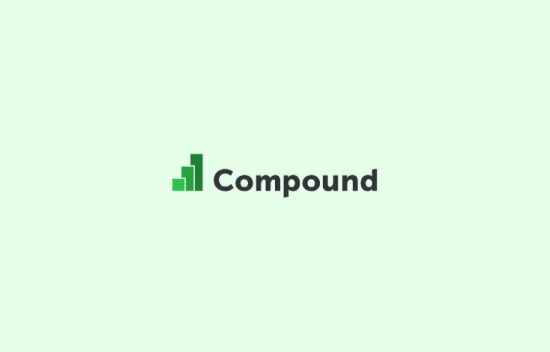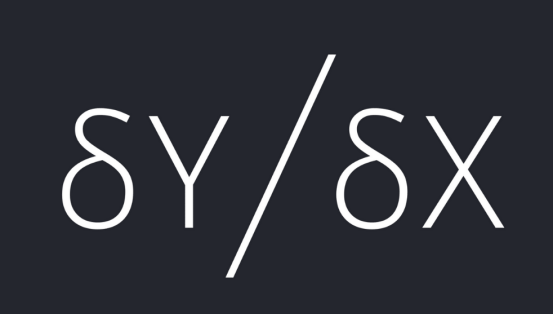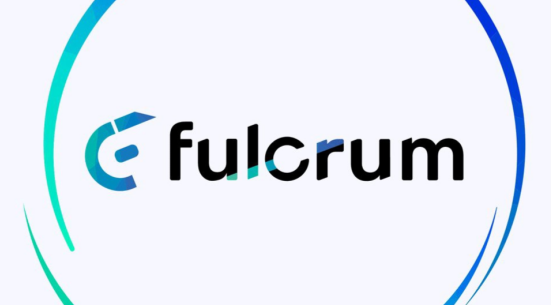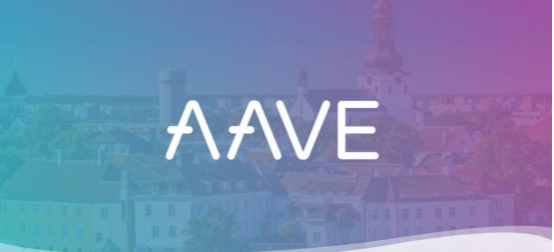Take stock of the four "DeFi" projects on Ethereum
Source | Medium Translation | First.vip
At present, the most noticeable one in the DeFi protocol is undoubtedly MakerDAO, which is not only the main participant in decentralized finance, but also responsible for creating and managing DAI decentralized algorithm stablecoins, but this article does not analyze MakerDAO for the time being, but talks about Ethereum There are several other DeFi protocols worth watching on.
Compound

The Compound agreement builds an intermediary loan platform where borrowers gain benefits and lenders pay interest. (First-class warehouse note: Generally, we call the party that deposits tokens in the fund pool the borrower, and the party that borrows tokens from the fund pool is the lender.)
- Will quantum computers become the terminators of Bitcoin?
- Cementing Manifesto: Avoid Decentralization Maximization, Cementing Centralization Technology
- FCoin activist reports late at night to block Zhang Jian's relatives, police are counting victims' losses
Compound's new ERC-20 token, referred to as cToken, makes it easier for users to borrow money. For example, by supporting cDAI and DAI exchanges, DAI holders can lend tokens to cDAI users.
Not all wallets support exchange, but in Eidoo wallet, users can easily exchange DAI with cDAI, thereby lending DAI in exchange for interest. Today, Compound supports a total of 8 types of cTokens, with a lock-up of up to 200 million US dollars: cDAI, cETH, cUSDC, cBAT, cWBTC, cSAI, cREP, cZRX.
According to pulse.com data, the funds locked in the Compound loan pool are second only to MakerDAO, and the interest rate of each cToken changes with market fluctuations.
Borrowers can withdraw tokens from Compound at any time, and calculate interest automatically and instantaneously. Withdrawals via unmanaged wallets like Eidoo do not require any intermediary (because Ethereum's decentralized protocol can do this).
Lenders must lock tokens as collateral and obtain 50-75% of credit based on the strength of the underlying assets.
The Compound agreement also provides 10% interest as a reserve, and the remaining 90% interest goes to the borrower. No fees, no agreement tokens. Based on the Ethereum credit market, a truly decentralized liquidity pool has been formed, and loans are issued and obtained in an intermediary, autonomous, and fast manner.
2. dYdX

dYdX is an unmanaged, decentralized trading platform for experienced traders. It is based on the dYdX open source protocol and supports users in asset lending or margin trading on some assets. In dYdX, traders can open up to 4x long positions and 3x short positions in collateral.
Currently it only supports ETH, DAI and USDC, and may support more tokens in the future. Like Compound, dYdX interest rates depend on the dynamic balance between assets and supply and demand.
Borrowing tokens must lock the collateral (the value is 125% of the loan). If the value of the collateral is lower than 115%, the system will automatically liquidate the loan.
However, unlike Compound, loans and leveraged transactions can last up to 28 days, after which they will be automatically closed. In addition, liquidation includes a 5% penalty. The dYdX agreement reserves 15% interest as insurance money. There are no transaction fees and no own native tokens.
3. Fulcrum

Fulcrum is also a DeFi platform that supports loan and margin trading. It is based on the bZx protocol and allows trustless and licenseless transactions without any fees, but like the previous two protocols, it uses 10% interest as insurance money.
Recently, the bZx protocol has been attacked several times, forcing creators to suspend service to avoid further deterioration of the problem. What sets bZx apart is that it also offers "Lightning Loans", which provide instant unsecured loans during the beginning and end of a transaction.
Since the borrowed funds need to be returned at the end of the transaction, there is no need to lock the collateral. But make sure that all loans are returned in full at the end of the transaction.
It was these "lightning loans" that became attackers' meals. They did not really crack the protocol, but managed to steal a large amount of ETH from the platform by using some vulnerabilities.
Similar to Compound's cToken, Fulcrum has iTokens. You can obtain Compound interest through iTokens. Traders can open up to 4 times more or short orders, and the value of ptoken fluctuates according to their operating performance. Both ERC20 tokens are freely convertible.
The bZx protocol also integrates Kyber and Augur, and supports ETH, DAI, USDC, KNC, LINK, REP, WBTC, and ZRX. bZx has its own native governance token, BZRX, which is currently locked and is only used to pay processing fees.
4. Aave

Aave is also an Ethereum-based unmanaged open source protocol that supports the issuance and obtaining of loans without an intermediary. The loan issued is aToken, and once someone buys aToken, interest starts to be generated.
Interest can also be resent to another address. Users can intervene in different assets, and different assets have different guarantee rates, liquidation thresholds, and fine standards.
Interest rates change according to supply and demand, but Aave also supports users to borrow and repay at any time with a stable interest rate. Unsecured loans are also supported, but the loans must be paid off before the transaction ends.
Aave has its own native governance token, LEND. The ordinary loan charges 0.25% processing fee, and the lightning loan charges 0.35%. 80% of it will be destroyed and 20% will be used for the team.
Actually, there are other interesting DeFi protocols, such as Synthetix or Uniswap, but they do not support lending. Although 22 protocols are shown on DeFiPulse, only the assets locked in MakerDAO account for 60% of the entire DeFi sector.
Although the total amount of funds locked in the top three protocols MakerDAO, Compound, and Synthetix accounted for 85% of the DeFi market, DeFi is still a very young and rapidly expanding field.
Original link: https://medium.com/defi-world/4-defi-protocols-on-ethereum-cc139001667a
We will continue to update Blocking; if you have any questions or suggestions, please contact us!
Was this article helpful?
93 out of 132 found this helpful
Related articles
- 60,000 BCH stolen, BCH rolling checkpoint mechanism causes controversy
- Analysis | From Libra's perspective, how to govern the crypto market
- Participated in more than 100 cases of blockchain application schemes, and the chief engineer of Thunder Chain came to Xin to explain the multi-domain on-chain methodology
- Research report: What are the blockchain projects worth watching in March?
- 6 UAE banks build KYC platform, Moody's rating is positive
- Babbitt launch | Deputy Governor of the Bank of England: strengthen supervision of stablecoins, plan central bank digital currency
- Blockchain landing in philanthropy, alliance builds to test entrants' capabilities






